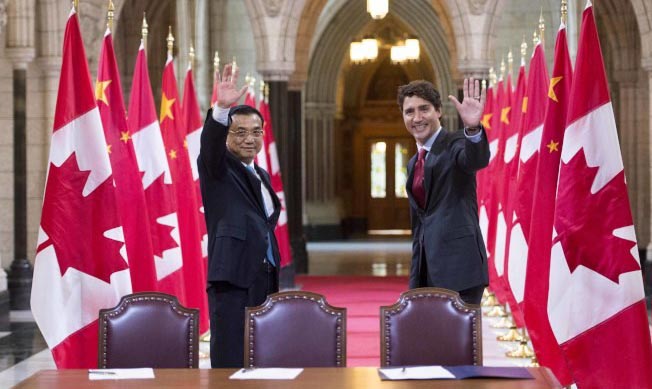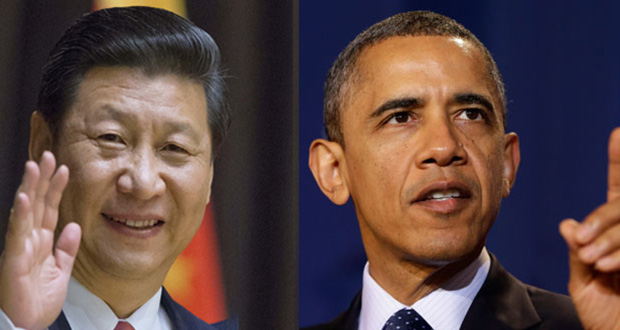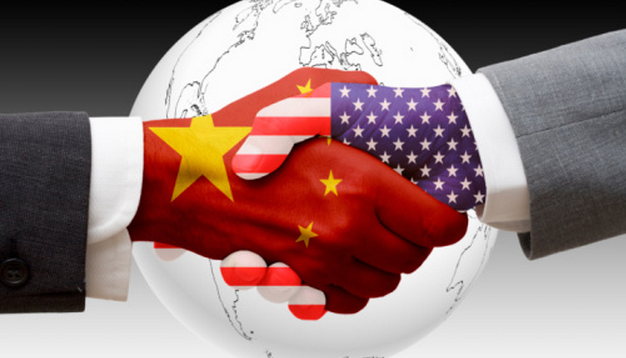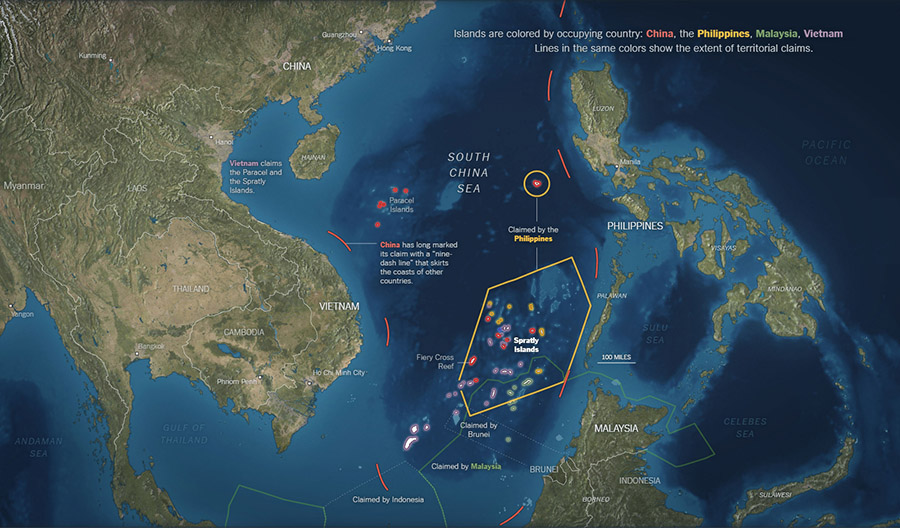Luo Yongkun, Research Associate, China Institutes of Contemporary International Relations
Oct 03, 2016
The Chinese position of resolving disputes with a dual-track approach has been accepted by ASEAN countries. The two sides have important common understanding on jointly maintaining peace and stability in the South China Sea, and notions that China is trying to split ASEAN and that China is seeking hegemony in the South China Sea have effectively been deflated.
Li Yan, Director of President's Office, China Institutes of Contemporary International Relations
Oct 03, 2016
The Hangzhou summit again shows the importance of top-level dialogue. It is undoubtedly helpful to calm the volatile situation between China and the US and to create room for both sides to review policies on many issues.

Hugh Stephens, Distinguished Fellow, Asia Pacific Foundation of Canada
Sep 27, 2016
On the eve of Chinese Premier Li Keqiang’s official visit to Ottawa, the Globe and Mail reported that Canada and China had agreed to begin negotiations on an extradition treaty.

George Koo, Retired International Business Consultant and Contributor to Asia Times
Sep 23, 2016
September’s global summits saw the U.S. and China agreeing to abide by the Paris Accord on limiting emission of greenhouse gases, an influential and important step in encouraging others to follow their lead. On other issues, the two countries took divergent paths.
Hu Bo, Director, the South China Sea Strategic Situation Probing Initiative
Sep 22, 2016
Since North Korea conducts nuclear tests frequently and countries like the U.S., Japan, South Korea have strengthened their military deployments in and around the Korean Peninsula, China is facing unprecedented difficulties and challenges there.
He Yafei, Former Vice Minister of Foreign Affairs
Sep 21, 2016
Standing at what President Xi Jinping calls a “historical new starting line”, China is deepening its involvement in G20 affairs and global governance. Despite geopolitical differences and divisions, major powers have been able to come together under the banner of the G20, with China playing a unifying role.
Aaron Jed Rabena, Research Fellow, Asia-Pacific Pathways to Progress
Sep 20, 2016
To solve the misperceptions the Philippines and China have toward the other’s intentions in the South China Sea, both sides should be more open to understanding the rationale of each other’s actions and behavior, commit to non-militarization of the disputed areas while refraining from using confrontational rhetoric, and not force each other’s red lines in public so as to avoid either party from losing face.

Wang Jisi, Professor at School of International Studies and Founding President of Institute of International and Strategic Studies, Peking University
Sep 19, 2016
The two governments have been rather successful in managing their differences and avoiding possible crises, and they have the determination and the ability to continue safeguarding the overall China-US relationship. In the new normal, both sides need to direct their efforts at clearly explaining to their people the strategic intent of no conflict and no confrontation as well as their willingness to cooperate.

Don M. Tow, President, New Jersey Alliance for Learning and Preserving the History of WWII in Asia
Sep 15, 2016
Has the Arbitral Tribunal decision on the South China Sea been misconstrued by main stream U.S. media? Don M. Tow explores the legality of the Permanent Court of Arbitration Ruling, as well as the geopolitical motivations behind it, concluding that the U.S. is responsible for creating unnecessary conflicts with China and destabilizing peace in Asia, as well as the whole world.
Richard Weitz, Senior Fellow, Hudson Institute
Sep 15, 2016
The death of President Islam Karimov of Uzbekistan could engender major changes in the Sino-Russian relationship in Central Asia, despite Beijing and Moscow maintaining a harmonious, if not especially close, partnership in the region for years.
Back to Top

- China-US Focus builds trust and understanding between the U.S. and China through open dialogue among thought leaders.
- Our Offerings
- Topics
- Videos
- Podcasts
- Columnists
- Research Reports
- Focus Digest
- Stay Connected
-
Thanks for signing up!
- Get the latest stories from China-US Focus weekly.